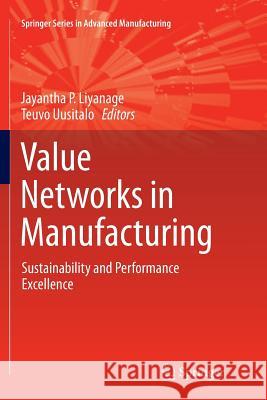Value Networks in Manufacturing: Sustainability and Performance Excellence » książka
topmenu
Value Networks in Manufacturing: Sustainability and Performance Excellence
ISBN-13: 9783319802190 / Angielski / Miękka / 2018 / 317 str.
Kategorie:
Kategorie BISAC:
Wydawca:
Springer
Seria wydawnicza:
Język:
Angielski
ISBN-13:
9783319802190
Rok wydania:
2018
Wydanie:
Softcover Repri
Ilość stron:
317
Waga:
0.47 kg
Wymiary:
23.39 x 15.6 x 1.8
Oprawa:
Miękka
Wolumenów:
01
Dodatkowe informacje:
Wydanie ilustrowane











